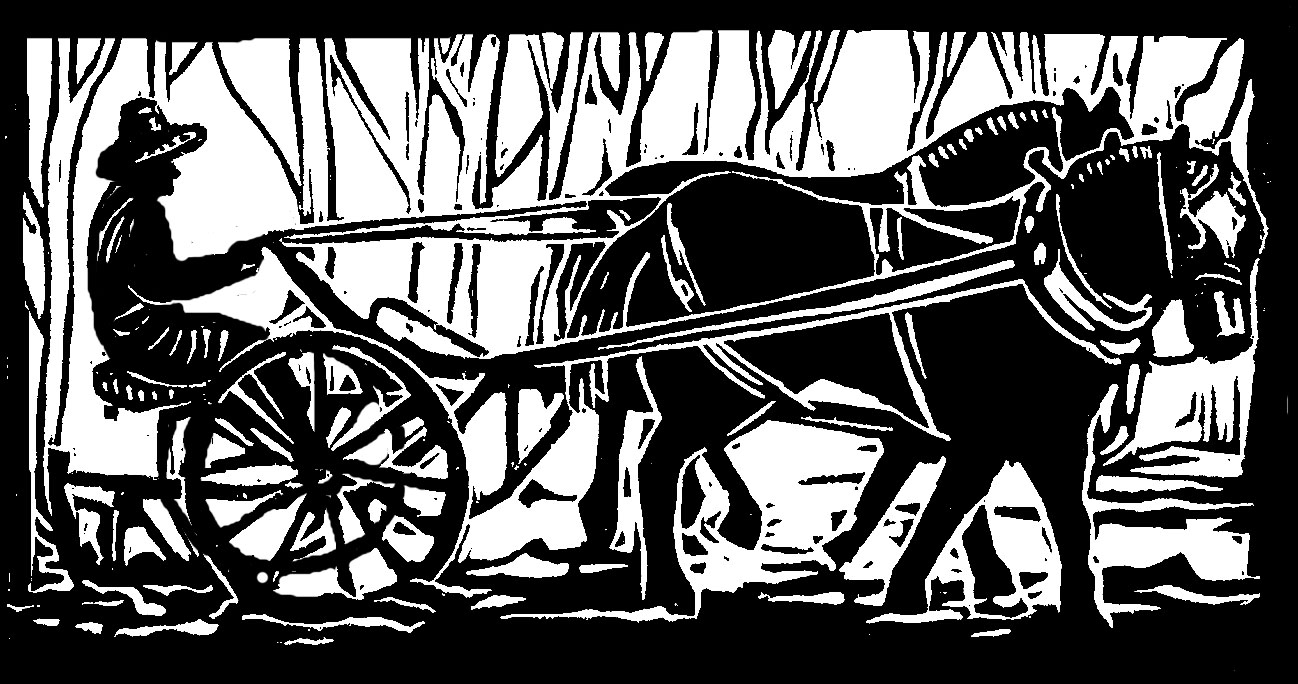Here on our New Hampshire vegetable farm, we expect to lose a little produce every year to woodchucks. We did not know, however, that this was the year of the rodent, from mice and voles and squirrels and chipmunks all the way to rabbits and woodchucks. Wow, there were a lot of them around, and wow, were we farmers discouraged when we went out to harvest kale and found over ¾ of the kale crop eaten. That was just the beginning.
Next were the carrots, and the chard, and the broccoli, and the peas. Plus there was something mysterious happening in the greenhouse. We've always grown our first planting of lettuce in the heated greenhouse, so that we have early lettuce. But this year, the lettuce looked kind of funny. Kind of nibbled actually. Kind of like something was eating the heads, night after night, and day after day.
It took us a while to comprehend what was happening, as we have two inch thick baseboards and chicken wire around the greenhouse. In fact, we didn't actually realize the problem until we saw an injudicious woodchuck munching the lettuce in broad daylight.
The woodchuck had sidestepped the baseboards and chicken wire entirely, handily digging under the back wall, behind the propane tanks, which gave plenty of cover from the unobservant farmers. At last we farmers got wise, and started filling in the holes, layering on the chicken wire and heavy rocks. We also covered the kale and carrots and chard and broccoli in the garden with row cover. Then we found the woodchuck den right under the barn, conveniently located next to the greenhouse. There were millions of little woodchucks coming out day and night to eat our yummy produce.
In June, we sent out a desperate call for Havahart-type live traps to our CSA members, and added four more to our one. We researched favorite baits of woodchucks: carrots, peanut butter, and crackers were popular. The favorite was melon. Melon! Who would have thought? We bought ourselves an out-of-season cantaloupe at the co-op, which we never do. It didn't seem fair to feed all that nice melon to the woodchucks. We ate half of it ourselves, and grudgingly chunked up the rest for the traps.
We set our traps faithfully, wearing gloves to keep the human scent off the traps. But no one except the ants and the farmers seemed to like the melon. As we lost crops daily, we got more and more discouraged.
One day, as we inspected yet another empty trap, I said to my fellow farmer, “You're supposed to rub melon all over it.”
“All over what?” our daughter asked.
My fellow farmer, quick-thinking and funny even in despair, answered, “All over the woodchuck. You're supposed to rub melon all over the woodchuck.”
This may be the only time we laughed during the entire woodchuck affair.
Next we tried peanut butter on crackers. In three weeks, in the garden, we caught a rabbit, a rat, a grey squirrel, two possums, and a racoon. (Other years, we've also caught a catbird, and a skunk.) But not a single woodchuck.
We let all of those other critters go, and, then tried concentrating our traps: we put all five in and around the greenhouse and barn. Someone told us that woodchucks love grape jelly, and we made a grape jelly on bread trail right to the trap. We caught our first woodchuck!
But we did not feel triumphant. We felt sad. It was a little woodchuck, and it was in a trap, and now we would take it away from the woodchuck family to some strange area of the world. (Another year, I saw a small woodchuck in our trap, and its mother scrabbling outside the cage, trying to help her little one. It was painful to witness.)
Over the next three days, we caught six little woodchucks. We quit baiting the traps, thinking the critters were all gone, and we still caught three more chucks, two little and one big, in the next week. This made an immediate difference on harvest days: we actually had lettuce and kale and carrots and chard to harvest.
But it's not clear how many woodchucks actually survive when they are caught and released. There are the live traps, and there are also kill traps and guns and dogs and poisons, and all of them seem terrible. We do not want to kill woodchucks or split up families, and we do not want to live in a world where we think there isn't enough for everybody. As I sob this out to my kind fellow farmer, he says, “I released them all in the same place. Maybe they found each other, and they're figuring things out?”
It is a slim hope, but we don't know what else to do. Catching woodchucks is one of the unhappy compromises we make to keep farming.
We can also hope, in our sustainable farming sort of way, that maybe we have improved the genetics of woodchucks: we transport family members across the river, probably at the very same time the folks across the river are transporting other families of woodchucks to us. We'd like to be helping the woodchuck world somehow.
Originally published in the Monadnock Shopper News, Jan 16 – Jan 22, 2019
